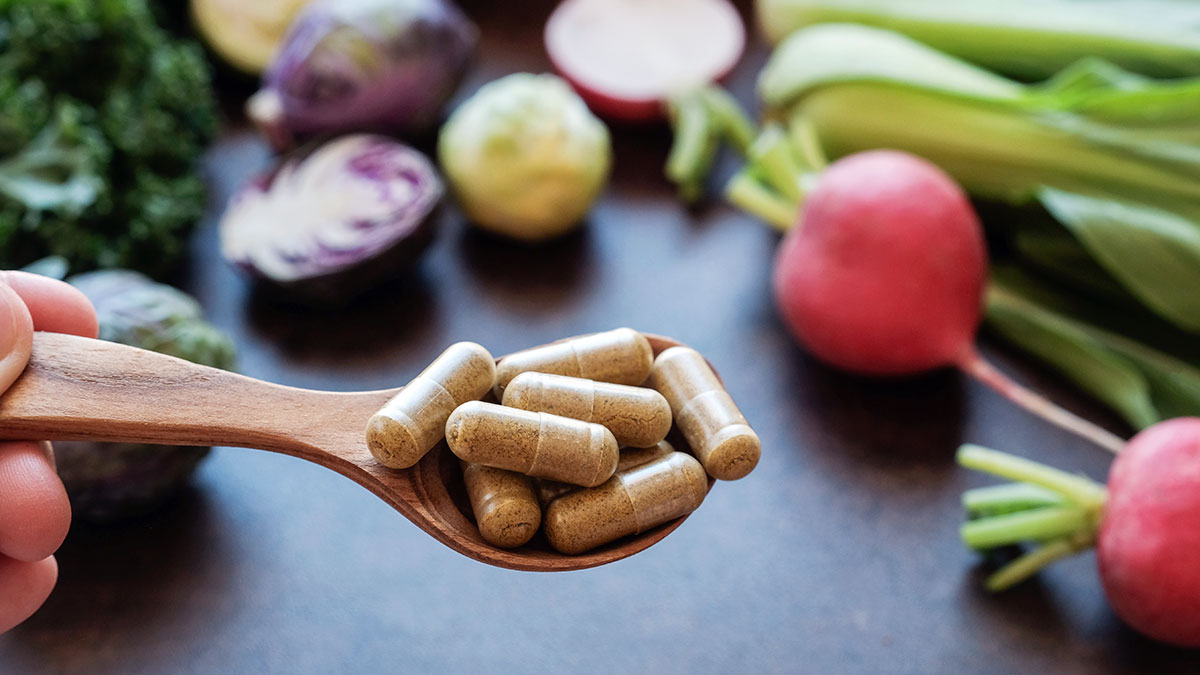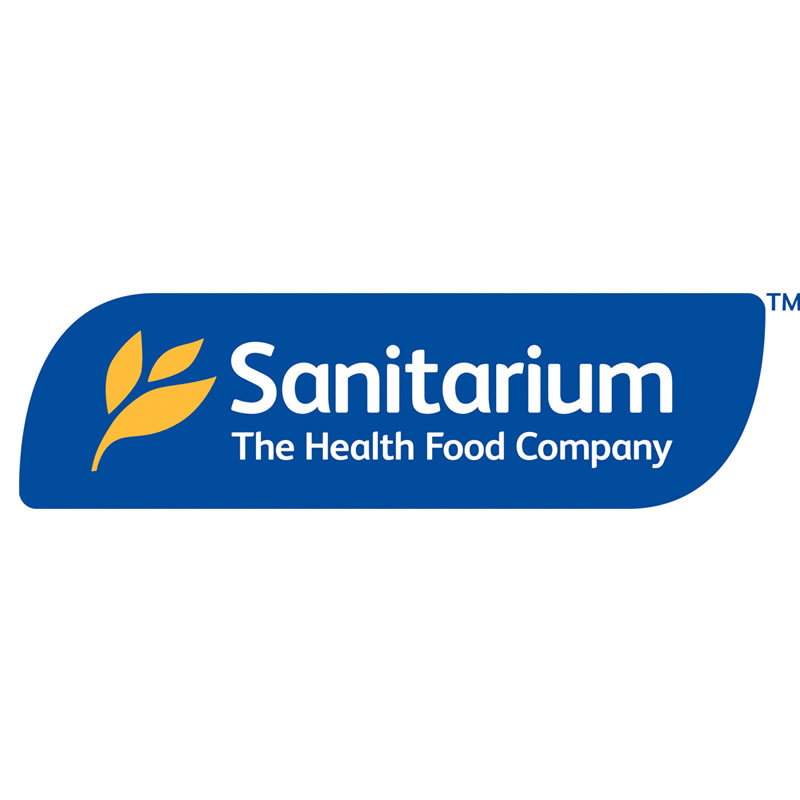There’s no doubt a healthy diet is the best way to get all the nutrients we need, but the reality is, most of us fall far short of eating five serves of fruit and veggies a day.
So, should we consider supplements to fill the gaps in our diets? We ask Sanitarium Health Food Company dietitian Angela Saunders:
“Supplements are not intended to be a substitute for food. When you eat whole plant foods, you’re actually getting many more nutrients than a tablet can provide. In addition to essential vitamins and minerals, whole foods are also packed with fibre and thousands of other protective bioactive compounds, like antioxidants and phytonutrients.
“These nutrients are essential for our bodies to function. They help us grow, help prevent disease and are vital for good health. The type and amount of nutrients you need will vary depending on your sex, age and whether you’re pregnant or breastfeeding.
“However, you don’t need to get too hung up on counting the amount of nutrients you are consuming each day. Instead, we recommend focusing on eating a variety of healthy foods from the core food groups to ensure you are getting all the nutrients you need.”
Food sources of five important nutrients
Calcium: Calcium-fortified, plant-based milk and products; calcium-set tofu; legumes (soybeans, navy beans, chickpeas, kidney beans); sesame seeds and tahini; green leafy vegetables (broccoli, kale, bok choy, cabbage); almonds; calcium-fortified breakfast cereals; dried figs; dairy and dairy products.
Iron: Tempeh; wholegrains; legumes (lentils, soybeans, kidney beans); green leafy vegetables; iron-fortified breakfast cereals; dried fruits (apricots, dates, figs); nuts; seeds.
Vitamin D: Vitamin D-fortified milk and plant-based milk; fortified margarines; vitamin D mushrooms; eggs; fortified juice.
Zinc: Wholegrains; tofu; tempeh; legumes; nuts (cashews, pinenuts, pecans, Brazil nuts, almonds); seeds (pumpkin seeds, sunflower seeds); dairy products.
Iodine: Seaweed; eggs; bread; iodised table salt.
Commonly recommended
Vitamin B12. It helps your body produce blood cells, supports immunity and normal mental function. It is found almost exclusively in animal-based foods. If you limit your intake of these foods, you may need to include B12-fortified foods and/or a supplement.
Vitamin D. It helps maintain strong bones and muscles. Vitamin D comes from the sun with only a small amount available from food. If you have little safe sun exposure, your health professional may recommend a supplement.
Folic acid. Recommended to be taken before pregnancy and three months after conception to help prevent neural tube defects. Also, be sure to eat foods fortified with folic acid as well as foods naturally rich in folate such as green leafy veggies, legumes, avocado, beets, eggs and citrus fruits.







